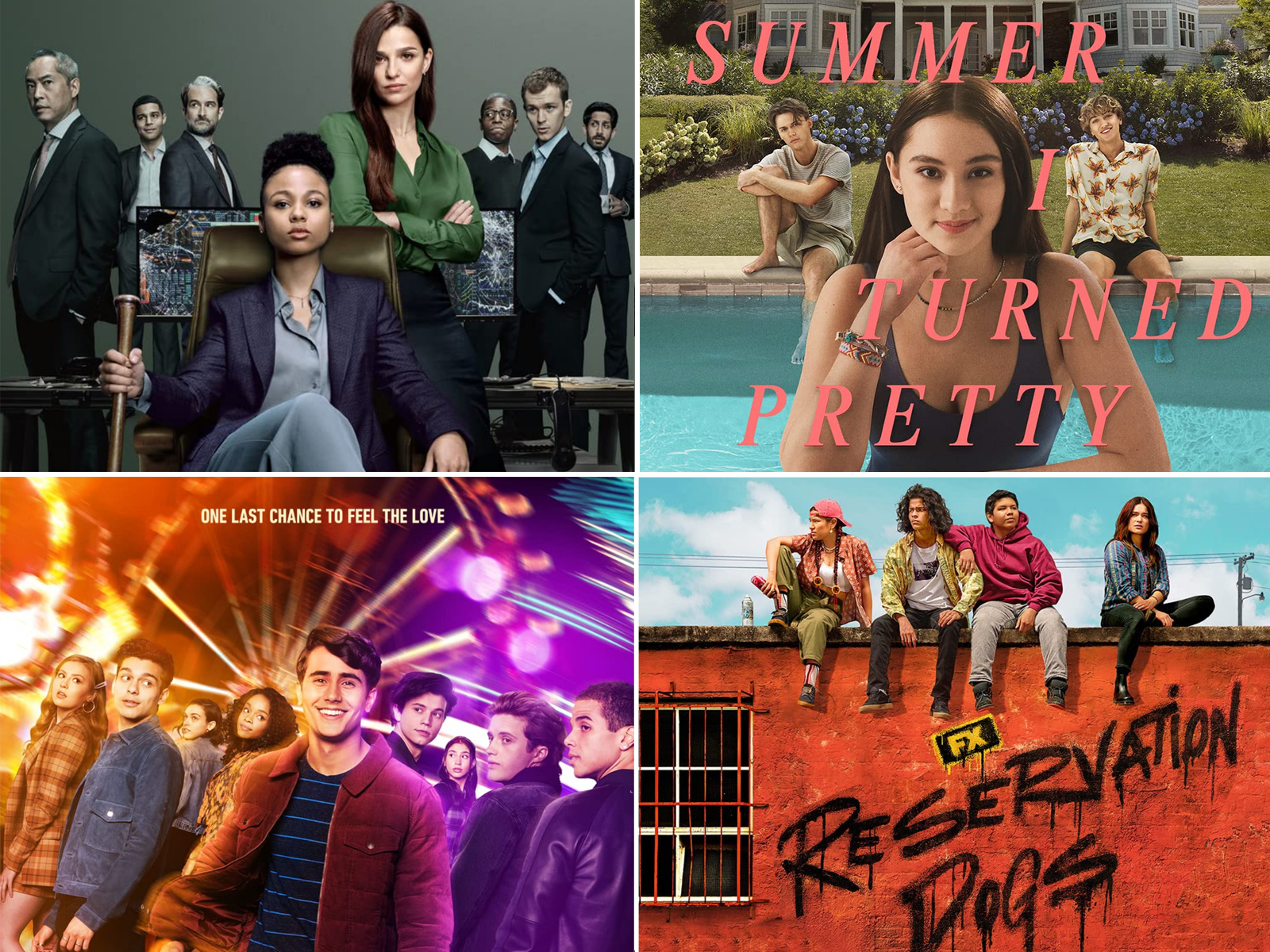
- Industry
Why Hollywood’s Attempt at Inclusion is Important
Dr. Fiona Hill of the Brookings Institute noted in an HFPA press conference, “Hollywood is no longer dominated by movies where the Americans are the good guys, and everybody else, the bad guys. Showing people role models they can emulate is pretty critical. That’s what inspires people.” She continued, “Hollywood is trying to assess who their audience is.”
When UCLA released its annual Hollywood Diversity Report earlier this year – an in-depth study on gender and racial diversity throughout the industry – the news, surprisingly, was not all bad. 47% of film leads were women. Women and underrepresented groups – Black, Latino, Asian and Native Americans – had improved statistics, but were still under-represented in director and screenwriter roles, making up just 30% of directors, and 32% of screenwriters. What was of interest – and this has been advocated through studies across industries for some time – is that the more diverse the cast, the better the performance at the box office.
The critical and commercial success of shows from Industry (HBO) to The Summer I Turned Pretty (Amazon) to Love Victor (Netflix) and Reservation Dogs (FX) are a sampling of series that are being inclusive in a way that reflects the real world. The result is that Hollywood is tuning into the realization that there is a world beyond the Euro-American focus. People want to see themselves reflected in the content they view.
A recent reality show demonstrates how the needle has finally moved towards broadening the lens of content. Young, Famous and African (Netflix) is worth noting in the manner in which it challenges the prejudice towards a continent, and the ignorance and ignoring of the existence of talent in Africa.
Like many cultures that are sidelined as ‘less relevant,’ the show reveals a rich, vibrant group of creatives with followings in the millions whose lifestyles rival similar spectrums long exposed in the Beverly Hills Housewives franchise and other reality shows that create personality dramas against a backdrop of excessive wealth.
That there are indeed so many overlaps between these disparate shows, speaks to the universality of people.
Young, Famous and African also demonstrates the internationalism of Africa in the manner in which the famous and powerful of Africa hop around the continent like western stars bounce between LA, New York, Paris and London. Pulled from Nigeria, Tanzania, Uganda and South Africa with the average following of each creative in the millions, the series showcases as much drama and glitz as any western-focused reality programming.
However, in depicting the lavish backdrop in Africa, it may also make the Ameri-Euro gaze question its assumptions about a continent that is often discounted. A similar show, Bling Empire, now in Season 2 (Netflix) showcases wealthy, materialistic East and South East Asian and South East Asian-American socialites; however, the show is based in the Los Angeles area. That Young, Famous and African is based in Africa allows one to see some of the continent’s heritage and how other wealthy power groups outside of America play. This is a subtle form of exposure and enlightenment.
Dr. Hill explains how diversity provides a form of edutainment. “Film, TV, documentaries (and reality shows), broaden the opportunity for people to be inspired. (Entertainment allows us to) educate ourselves and find things that bind us together. It helps us create a common network so that we can move forward in a positive sense.”
Recently the World Bank has been exploring how entertainment media can be harnessed to break down social stereotypes and influence behavior through characters in content, enacting positive behavior on issues as diverse as breastfeeding and domestic violence.
China, Bollywood in India, and Nollywood in Nigeria are becoming the largest production centers outside of the U.S. and Europe with a reach of over 5.4 billion television viewers, 5 billion smartphone users, and 1.6 billion Facebook daily active users. Cross-cultural representation is being recognized as good for the bottom line by producers of product (World Bank Forum 2022). Hollywood is listening.
Added Dr. Hill, “The more that we can show that we have things in common, even if we are different; the more we highlight that some parts of humanity are universal, [that commonality] allows us to overcome barriers so that we fully reflect and appreciate the diversity of our populations, and so everyone has a stake in things.”
She concluded, “It’s important to make sure that we have people from as many disparate kinds of backgrounds as possible participate so that people can say, ‘Yes, we are all doing this, we are all part of it.’”